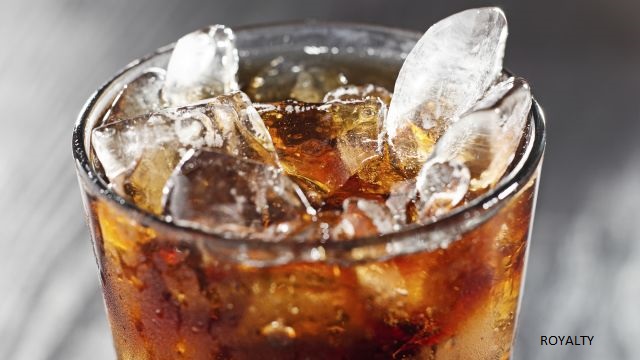Top Foods That Cause Plaque—and Cavities

I’m teaching my two-year-old how to brush her teeth. She only has seven teeth, and her “brushing” isn’t very effective (if I walk away, she attempts to brush the floor… yep, we toss a lot of toothbrushes away). However, it’s critical to not just clean her baby teeth but also to set her on a lifetime of good dental habits.
We all have bacteria in our mouths (gross, but real), and they feed on sugars found in certain meals and beverages. When this happens, bacteria build a transparent, sticky coating on your teeth called plaque, especially if you don’t remove the sugars of your teeth. While plaque formation is a normal process, if it is not removed while it is still sticky/soft, it hardens, making removal more difficult. Plaque and tartar (hardened plaque) emit acids that destroy tooth enamel and provide a hiding place for bacteria, all of which contribute to the development of cavities over time.

You may brush and floss regularly, but you may be unaware that certain eating habits are still harming your teeth: